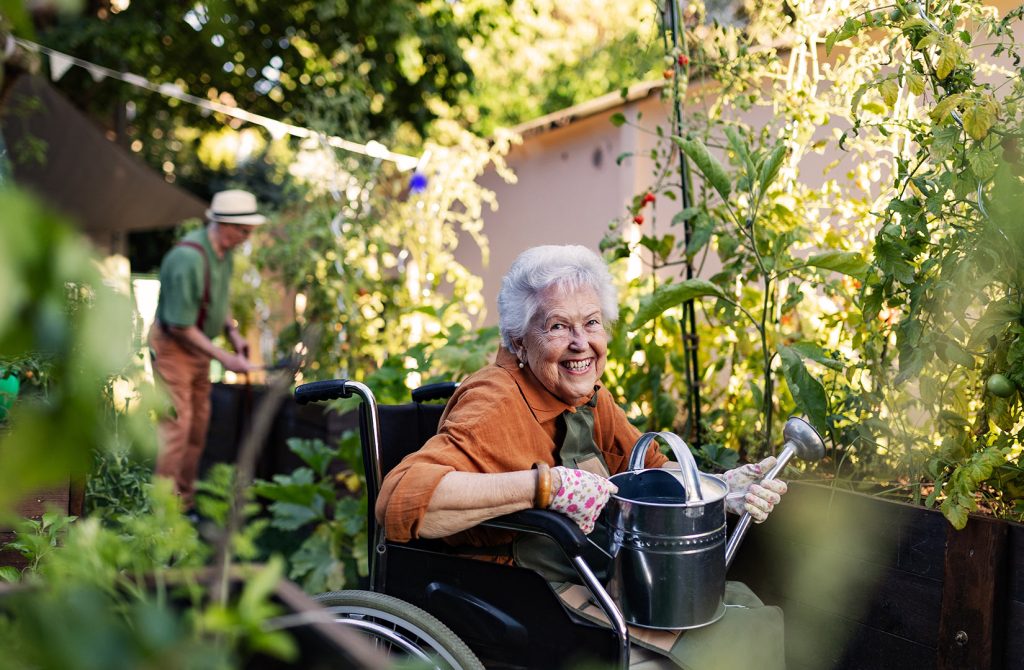Ensuring independence and quality of life for people with limited mobility often requires access to essential assistive technology. Having the right equipment can make a significant difference in promoting independence and enhancing daily living.
1. Mobility Aids: Mobility aids such as wheelchairs, aquatic wheelchairs, mobility scooters, and walking frames are essential for individuals with mobility impairments to move around safely and independently. These aids enable individuals to navigate their environment with confidence and maintain their mobility and independence.
2. Home Modifications: Home modifications such as ramps, stairlifts, hoists and bathroom grab rails are crucial for creating a safe and accessible living environment for individuals with disabilities. These modifications help individuals navigate their homes with ease and perform daily tasks independently.
3. Personal Care Aids: Personal care aids such as shower chairs, toilet frames, adult change tables, and dressing aids assist individuals with disabilities in performing daily self-care tasks with dignity and independence. These aids provide support and assistance in activities such as bathing, toileting, and dressing.
4. Assistive Technology: Assistive technology devices such as communication aids, hearing aids, and vision aids help individuals with disabilities access information, communicate with others, and perform tasks more independently. These devices enhance accessibility and empower individuals to participate fully in daily life.
5. Adaptive Furniture: Adaptive furniture such as adjustable beds, lift chairs, and ergonomic seating solutions offer comfort and support for individuals with disabilities. These furniture pieces are designed to accommodate individual needs and promote independence and comfort at home.
6. Daily Living Aids: Daily living aids such as reachers, dressing sticks, hoists and adaptive utensils assist individuals with disabilities in performing everyday tasks independently. These aids promote autonomy and enable individuals to maintain their independence in daily living activities.
7. Sensory Equipment: Sensory equipment such as sensory rooms, weighted blankets, and sensory toys provide sensory stimulation and relaxation for individuals with sensory processing disorders or autism spectrum disorders. These tools promote emotional regulation and sensory integration.
8. Adaptive Recreation Equipment: Adaptive recreation equipment such as Pelican Pool Hoists, Kingfisher Pool Access Seats, handcycles, adaptive sports wheelchairs, and modified sports equipment enable participation in recreational activities and sports. These equipment options promote inclusion and physical activity for individuals of all abilities.
9. Communication Devices: Communication devices such as speech-generating devices, communication boards, and eye-tracking systems help individuals with communication impairments express themselves and interact with others. These devices enhance communication and social interaction for individuals with disabilities.
10. Transportation Aids: Transportation aids such as wheelchair-accessible vehicles, wheelchair lifts, and vehicle modifications enable individuals with disabilities to travel independently and access community resources. The Para Mobility IBIS Portable Car Access Lifter is a particularly popular option in making a vehicle wheelchair accessible with no vehicle modification required. These aids promote freedom and community participation.
By having access to essential disability equipment, individuals with limited mobility can enhance their independence, quality of life, and participation in daily activities. From mobility aids to assistive technology, each of these must-have equipment options plays a vital role in promoting autonomy.

